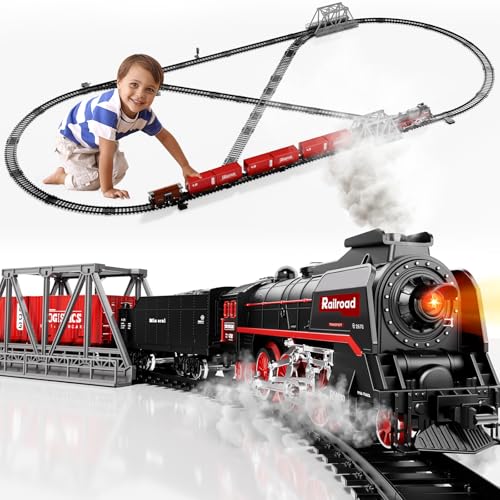The ridership potential for the pioneer doesn't come from people traveling between Denver and Portland. It comes from:
-People in Ogden visiting family in Boise
-The 200,000+ people in southern Wyoming who may need to fly out of Denver International Airport (a major hub which will soon be connected to Amtrak by commuter rail)
-Residents of eastern Oregon who need to spend a day in Portland to take care of business
-Foreign tourists who would fly into Seattle and take an overnight train to visit national parks
-Residents of Salt Lake City who would never board a Denver-bound train at 3:00 AM, but would gladly board one in the evening and arrive in Denver the next morning
-College students in Ft. Collins who want to spend a weekend in Denver
-People in Idaho Falls attending LDS (mormon) General Conference in Salt Lake
-Etc., etc., etc.
I will say that I strongly support the "Front Range Rail" projects -- Denver-Boulder-Longmont-Lakeland-Fort Collins-Cheyenne (via BNSF), which would serve the southern Wyoming and Fort Collins passengers with several-times-a-day service.
I also support a Salt Lake - Denver service via the shorter Overland Route by some means. There are a number of principles which I think should be applied to any proposed schedule, though:
-- the through train to California should take the faster route. The Overland Route is 12.5 hours from Salt Lake to Denver, versus 15 hours on the Rio Grande route through the mountains. Even rerouting on the BNSF route from Denver to Cheyenne would only add half an hour, so it's still two hours faster.
-- there's enough demand to run two trains from Denver to Chicago, one leaving Denver in the morning and one in the evening, and one arriving Denver in the morning and one in the evening.
-- the through train to California should have the latest Chicago departure and the earliest Chicago arrival, to avoid missed connections
-- Denver to Cheyenne should be served by a separate local train on the BNSF line, so stopping times along this route shouldn't be considered when scheduling the through train to California.
-- Ski service from Denver to Grand Junction is worthwhile, but should be primarily designed for people getting on at Denver, since this seems to be the strongest market. This means a late-morning departure from Denver and an early-evening arrival at Denver so that skiers have time to get down to Denver from Pueblo, Fort Collins, etc.
Looking at all of this, I end up with proposals which depend heavily on Colorado getting into the passenger train business in a big way. Thankfully, this seems possible.
I am skeptical of the ridership demand on the Pioneer route between Salt Lake City and Portland, however. We already know that there's not that much travel between the Pacific Northwest on the one hand, and Denver/Salt Lake on the other hand, so it would be dependent on the intermediate stops. The population is really low, and frankly not that many people visit national parks by *any* means. We already see low ridership on the Empire Builder from Portland to Pasco (which the Pioneer paralleled on the other bank of the river). And the population is even lower between Pasco and Boise, and between Boise and Ogden. Boise metro area population is 664,442, which is respectable, but that's it. I don't think the Pioneer route can be justified based on Boise traffic online.
I have said elsewhere that I prefer the "Gulf Coast Limited" (New Orleans - Mobile) over the "Sunset East", and I'm saying the same thing here. There should be a Cheyenne-Denver regional rail corridor; there should be a Denver-Grand Junction "ski corridor"; there should be a second Denver-Chicago train; the through train, the California Zephyr, should move over to the faster Overland Route; and for now we should forget about the Ogden-Pasco route. I genuinely believe that the combination would be good for the bottom line of Amtrak.
This would all be made easier if Iowa's government hadn't been taken over by anti-rail nuts. The Iowa (Quad Cities - Iowa City - Des Moines - Council Bluffs - Omaha) corridor is very valuable for Denver-Chicago service -- it's shorter, it has more online population, and if developed by the state government, it can have higher top speeds.
But really the only state which needs to sign on and put in money to make this work is Colorado.



























































